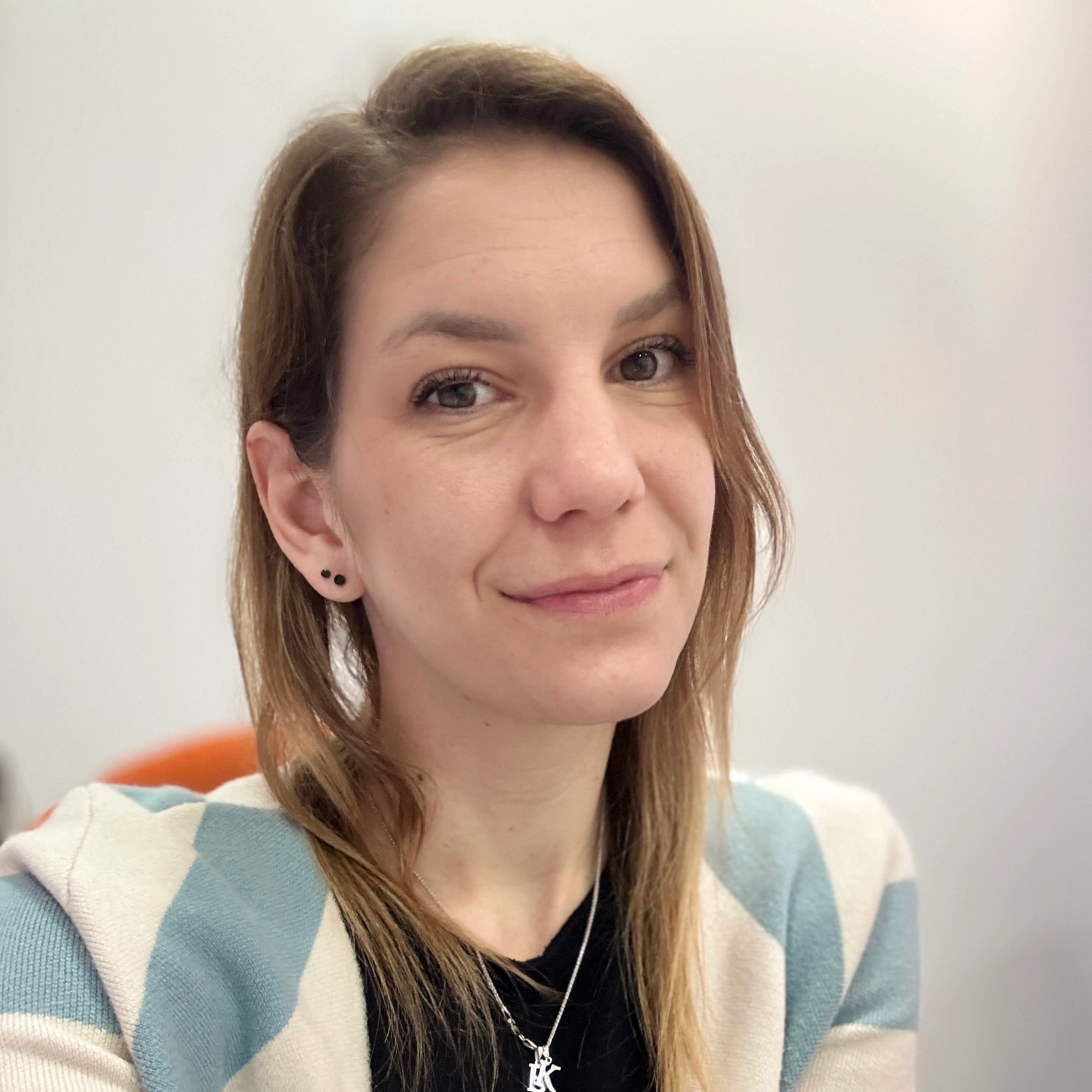
Matea's story
When I was a 10-year-old girl, I recovered from my first acute lymphoblastic leukemia. As a child, I couldn’t comprehend the severity of the illness or the situation I was in. I underwent chemotherapy for about a year and a half and quickly returned to my normal life after the illness.
Fortunately, children are often unaware of how dangerous and life-threatening this disease is, which makes it much easier for them to fight.
My life continued smoothly after that—I graduated from university, got married, and had a beautiful baby boy in 2017.
In 2019, I started noticing unusual large bruises on my legs that weren’t painful. Knowing myself and my medical history, I decided to have my blood tested. The results already showed the presence of blasts.
After a bone marrow biopsy, I was once again diagnosed with acute lymphoblastic leukemia, type B, located on chromosome 2, which was considered a relapse.
I underwent five cycles of chemotherapy and, in February 2020, I underwent a stem cell transplantation from an unrelated donor with a 10/10 human leukocyte antigen (HLA) match.
After the transplantation, I was faced with numerous complications, including skin graft-versus-host disease (GvHD; Grade III) and liver GvHD (Grade III), with an overall grade of III (C). GvHD is a terrible condition to endure but [does have some benefits]. The donor’s T cells attacked the tissues in my body but also targeted the remaining leukemia cells, destroying them, which reduced the risk of relapse.
As a result, my liver began to deteriorate every day. My lab results were terrible, and in an already desperate mental and physical state due to leukemia, I now had to face this additional challenge.
I was treated with four lines of immunosuppressants and extracorporeal photopheresis (ECP). During ECP, blood is collected and separated using a device similar to a dialysis machine. White blood cells (lymphocytes) are treated with a special medicine, exposed to UV light, and then the treated blood is returned to the patient. The altered lymphocytes help regulate the immune system, reducing GvHD inflammation and immune reactions.
My wish is to educate people about GvHD and give them hope that, despite a difficult battle and severe physical and psychological challenges, with great hope and support, one can persevere through it all.
At the end of the day, my goal is to help and support everyone who finds themselves in the same or a similar situation.




